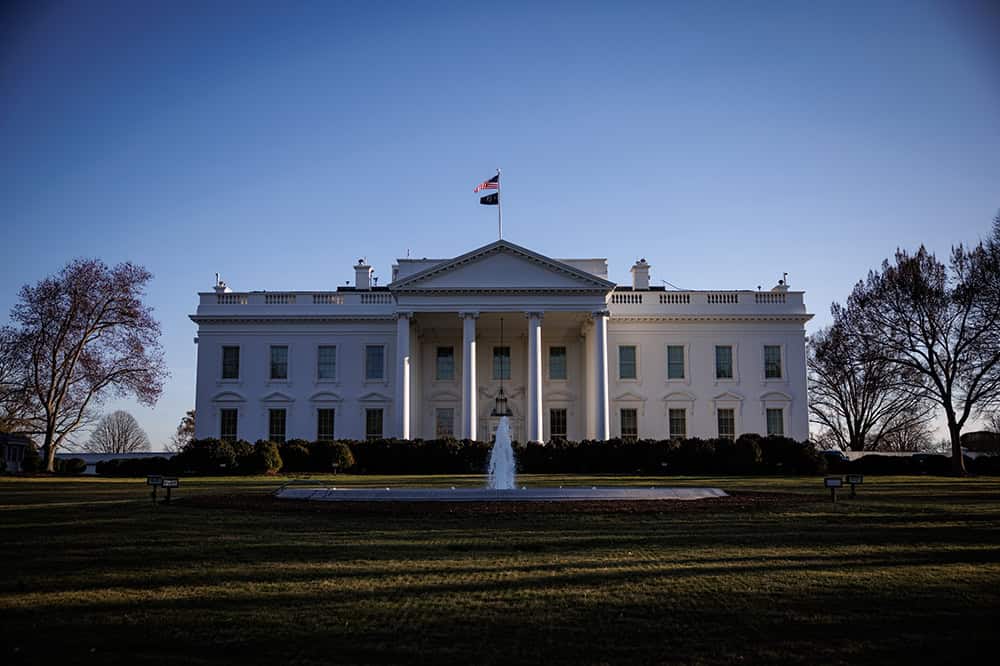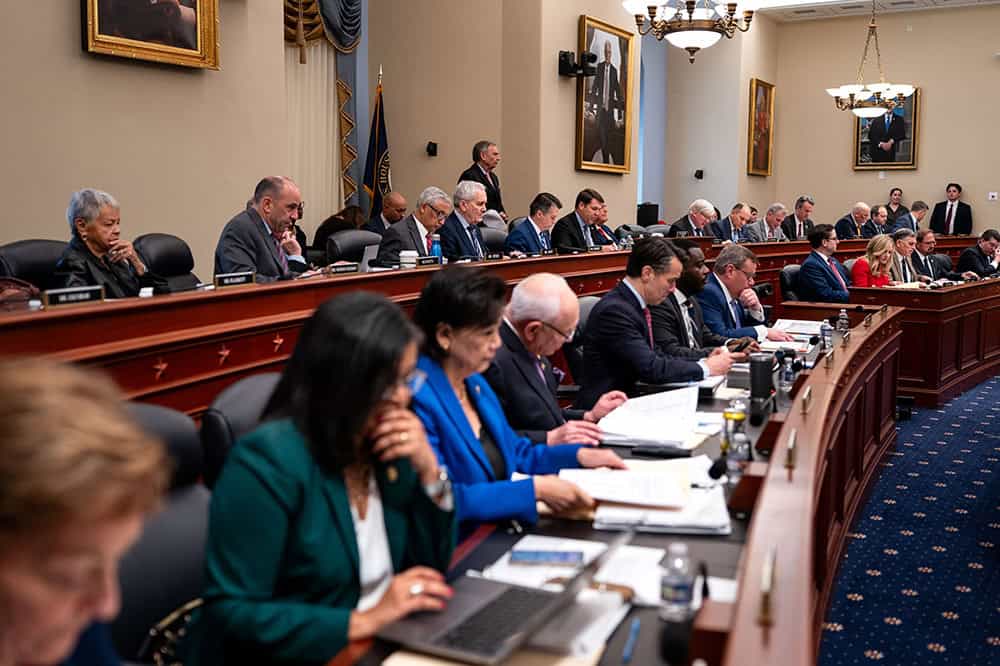New Study Measures the High Cost of Crisis-Driven Government
Report Finds that Fiscal Policy Uncertainty has Resulted in 900,000 American Jobs Lost
Ongoing Brinksmanship and Failure to Raise Debt Ceiling Could Cause Another Recession
NEW YORK — As Congressional leaders and the President discuss a potential temporary solution to the current fights over the government shutdown and the debt ceiling, the repeated cycle of lurching from crisis to crisis has significant costs to the U.S. economy, according to a new report released today.
The macroeconomic analysis, “The Cost of Crisis-Driven Fiscal Policy,” quantifies the negative economic impact of governing by crisis, and examines the effects of Washington’s actions — and inactions — including events such as sequestration, the government shutdown, and brinksmanship over the debt ceiling.
The report concludes that crisis-driven government and the resulting fiscal policy uncertainty has directly harmed the American economy by increasing the unemployment rate by 0.6%, or the equivalent of 900,000 jobs. “The Cost of Crisis-Driven Fiscal Policy” was prepared by Joel Prakken of Macroeconomic Advisers, LLC, a leading independent research firm, for the Peter G. Peterson Foundation.
Michael A. Peterson, President and COO of the Peter G. Peterson Foundation, said: “This report makes clear that self-created fiscal crises have significant costs to our economy and to American families. These partisan battles not only threaten our fragile economic recovery, but they have not resulted in any comprehensive solution to our real fiscal challenge, stabilizing our long-term debt.”
“Partisan divided government has failed to address our long-term fiscal challenges sensibly, instead encouraging policy that is short-sighted, arbitrary, and driven by calendar-based crises,” said Prakken of Macroeconomic Advisers. “Based on this report’s findings, we can assert confidently that the crisis-driven fiscal policies of the last several years have damaged our still-struggling economy. One can only hope that our policymakers will implement more sensible policy in the future.”
The entire report is available here.
Additional top-level findings include:
- Fiscal Policy Uncertainty: Since late 2009, fiscal policy uncertainty has raised the Baa corporate bond spread by 38 basis points, lowered GDP growth by 0.3 percentage points per year, and raised the unemployment rate in 2013 by 0.6 percentage points, equivalent to 900,000 lost jobs. (Page 8)
- Government Shutdown: A 2-week partial government shutdown would directly trim about 0.3 percentage points from 4th-quarter growth. (Page 8)
- The Debt Ceiling: The paper considers two scenarios. The first assumes a brief, technical default that is quickly resolved, and the second assumes an extended, two-month stalemate. (Page 9)
1. In scenario one, risk aversion rises, financing costs rise, prices of risk assets fall, and the economy enters a recession. Exacerbated by the Fed’s inability to lower short-term interest rates, growth only begins to rebound at end of 2014 and the unemployment rate rises to a peak of 8.5% before starting to decline. At its peak, 2.5 million jobs would be lost. (Page 10)
2. Scenario two implies a longer and deeper recession than in the first scenario, but one characterized by extreme volatility. Annualized GDP growth fluctuates rapidly between plus and minus 8% until the oscillations diminish in 2015. Unemployment rises to a peak of 8.9% — equivalent to 3.1 million lost jobs — before trending down. (Page 13)
- Discretionary Spending: Reductions in discretionary spending have reduced annual GDP growth by 0.7 percentage points since 2010 and raised the unemployment rate 0.8 percentage points, representing a cost of 1.2 million jobs. (Page 4)
About Macroeconomic Advisers
Macroeconomic Advisers is a leading independent research firm focused on the U.S. economic outlook, monetary policy, and fixed income markets. The firm combines rigorous analytical methods with an unmatched understanding of how monetary policy is conducted, offering unbiased and thoughtful analysis of where the U.S. economy is headed.
About the Peter G. Peterson Foundation
The Peter G. Peterson Foundation is a nonprofit, nonpartisan organization established by Pete Peterson — businessman, philanthropist and former U.S. Secretary of Commerce. The Foundation is dedicated to increasing public awareness of the nature and urgency of key long-term fiscal challenges threatening America’s future and to accelerating action on them. To address these challenges successfully, we work to bring Americans together to find and implement sensible, long-term solutions that transcend age, party lines and ideological divides in order to achieve real results. To learn more, please visit www.pgpf.org.
Further Reading
U.S. Population Growth Is Slowing Down — Here’s What That Means for the Federal Budget
Understanding how demographic challenges contribute to the United States’ fiscal challenges can help policymakers adopt fiscally sustainable policies.
Can a Rescissions Package Help Lawmakers Formalize DOGE Cuts?
There has recently been significant discussion surrounding spending cuts proposed by the Department of Government Efficiency (DOGE), including questions about how and whether cuts identified…
Full Array of Republican Tax Cuts Could Add $9 Trillion to the National Debt
Fully extending the TCJA would cost approximately $5.0 trillion, while other elements of the Republican tax agenda also have large price tags over ten years.


